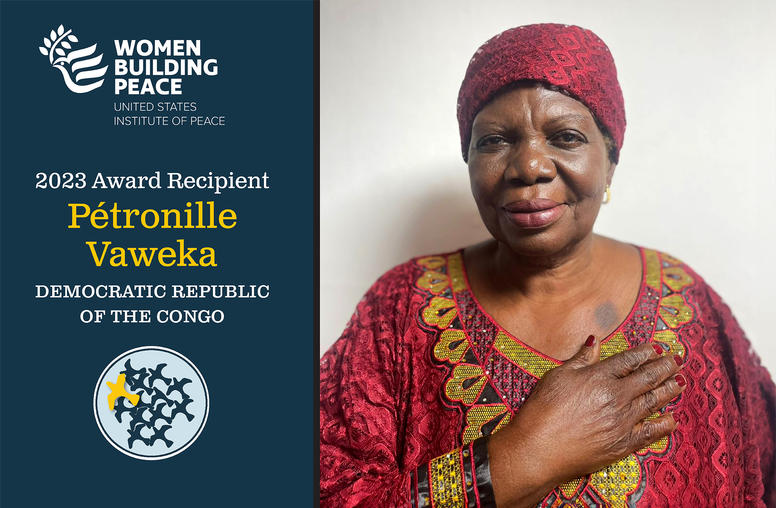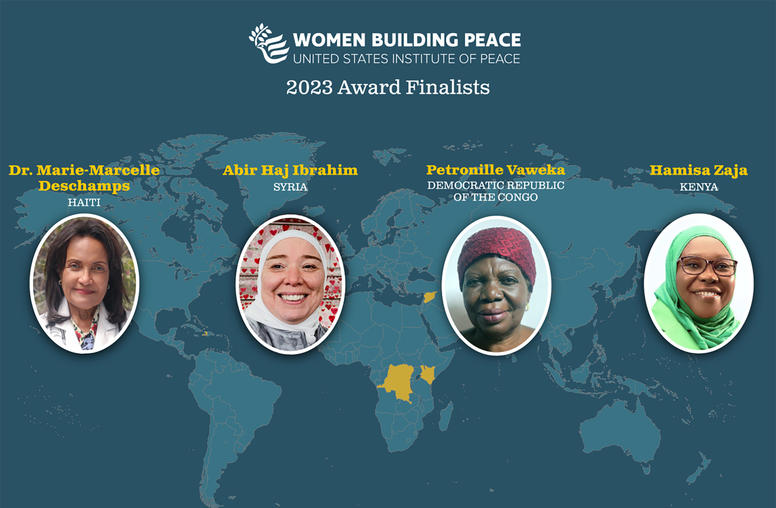Institute Sponsors Seminar on Human Security
Institute co-sponsors seminar with the University of Denver's Graduate School of International Studies.
DENVER, CO -- What do American college students need to know to be properly equipped to face the uncertainties and regional instabilities of the post-Cold War World? Can future leaders learn to recognize the environmental as well as political warning signs of pending international humanitarian crises? To help Colorado college and university students, faculty, and staff examine these questions, the United States Institute of Peace and the University of Denver's Graduate School of International Studies co-sponsored a special two-day symposium, "Promoting Human Security in the New Millennium." Held from April 27 through April 28 at the University of Denver, the conference focused on the challenges of teaching about international security issues, such as radical climate change, including drought and floods, or the rampage of virulent viruses as seen in the HIV epidemic across Africa. The highlight of the symposium was a special evening public address on Thursday by Congressman Mark Udall (D-CO) and Karen Koning Abu Zayd, director of the Washington Office of the UN High Commissioner for Refugees.
Through discussions with leading academic experts and foreign affairs practitioners, conference participants explored traditional and non-traditional causes for international humanitarian crises. Symposium topics included: examining the challenges of integrating conflict management into university curriculums; linking international approaches to conflict resolution to real-life occupational challenges; and exploring how human quality of life factors such as limited health care and environmental degradation can lead to international instability.
According to Education Program Officer, Dr. Jeff Helsing: "Acquiring the skills to effectively work in a conflict zone is increasingly of importance to students entering a wide array of careers from health care to environmental engineering. For example, some faculty members we have worked with have noted how unprepared newly graduated nurses were who are now routinely recruited to work in conflict zones or respond to international humanitarian crises overseas."
Part of an ongoing outreach effort by the Institute's Education Program, the April conference at the University of Denver was part of several regional university faculty workshops scheduled to be held this year throughout the U.S. Past conferences and workshops sponsored for college and university faculty by the Institute have focused on subjects ranging from "Bridging Theory and Practice in International Peace and Conflict Studies," to "Incorporating Human Rights into the International Studies Curriculum." The objective of the Education Program of the United States Institute of Peace is to define, create, and support educational activities that increase the understanding of faculty and students, in the U.S. and abroad, about international conflict and build the capabilities of future practitioners to make peace.

